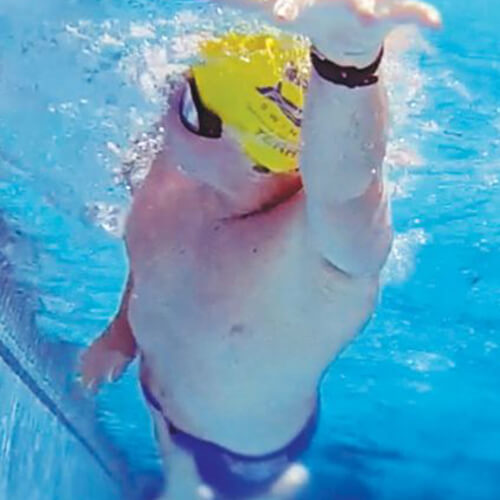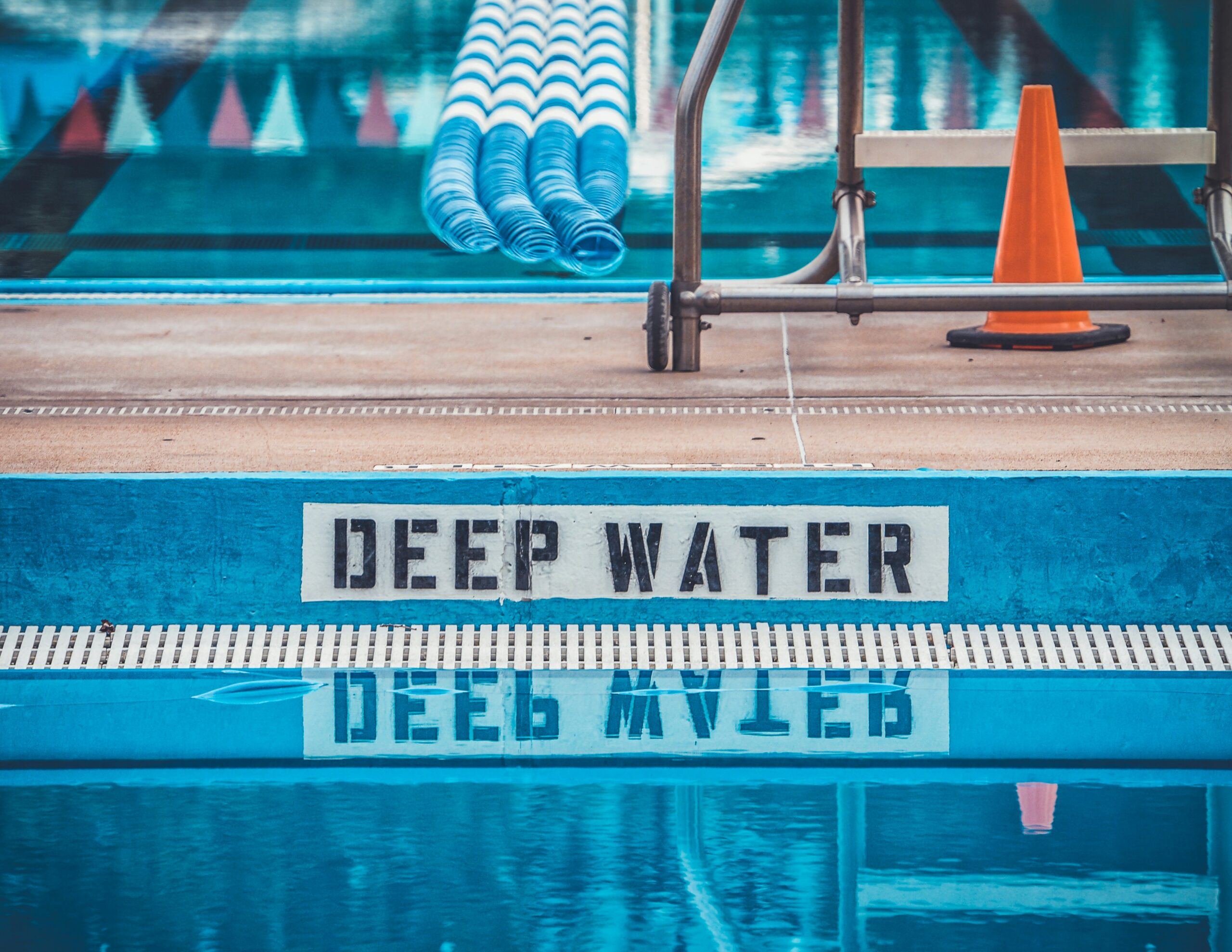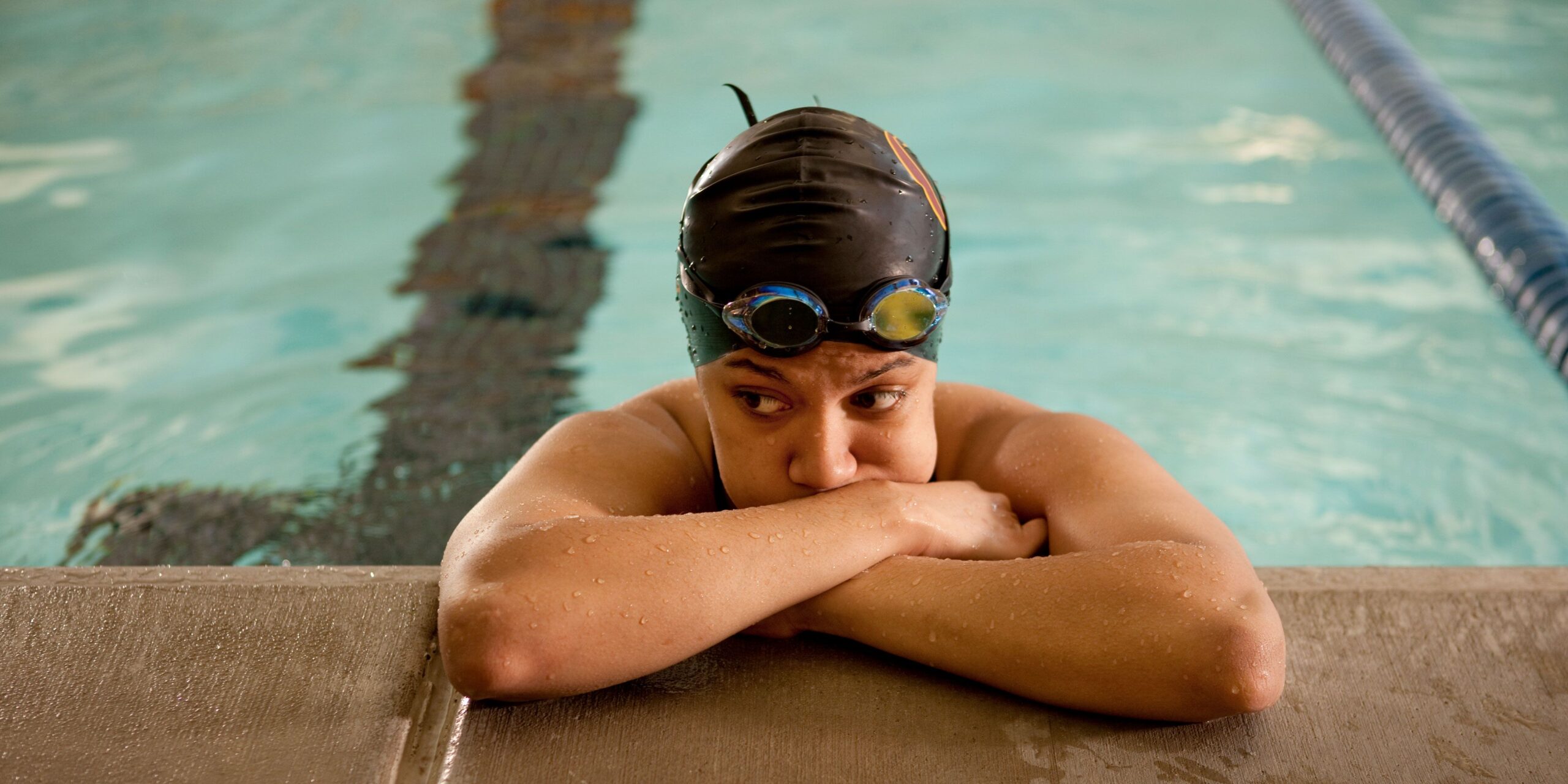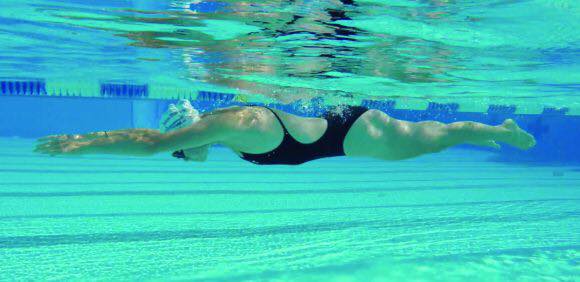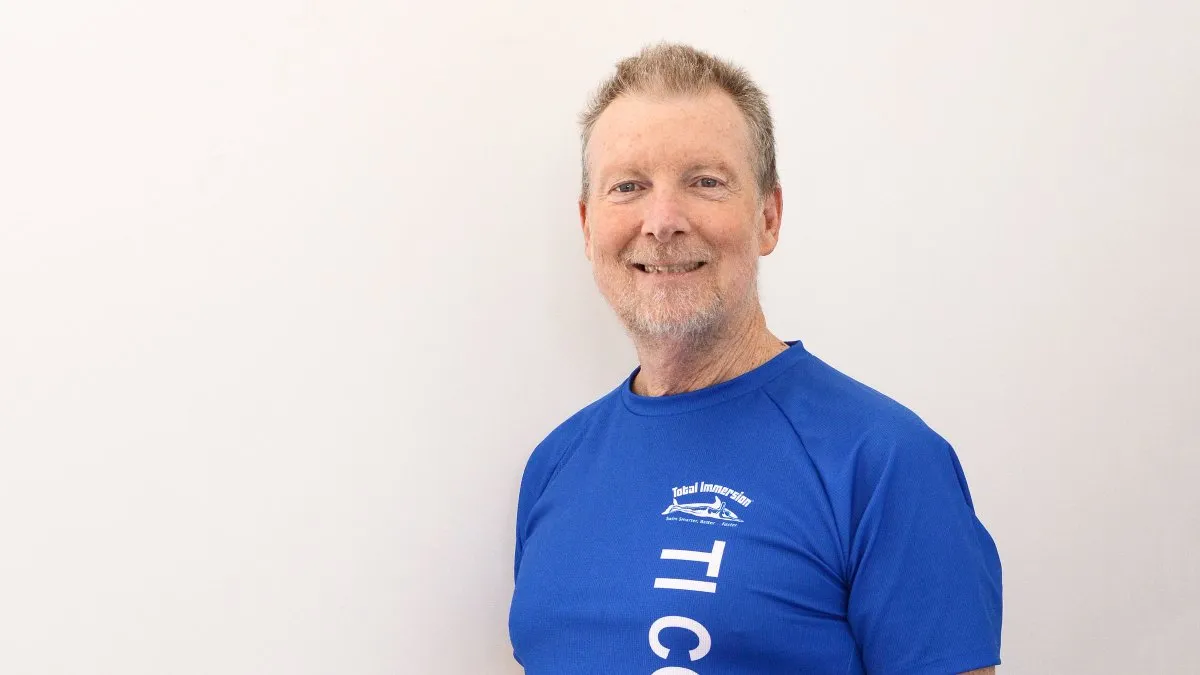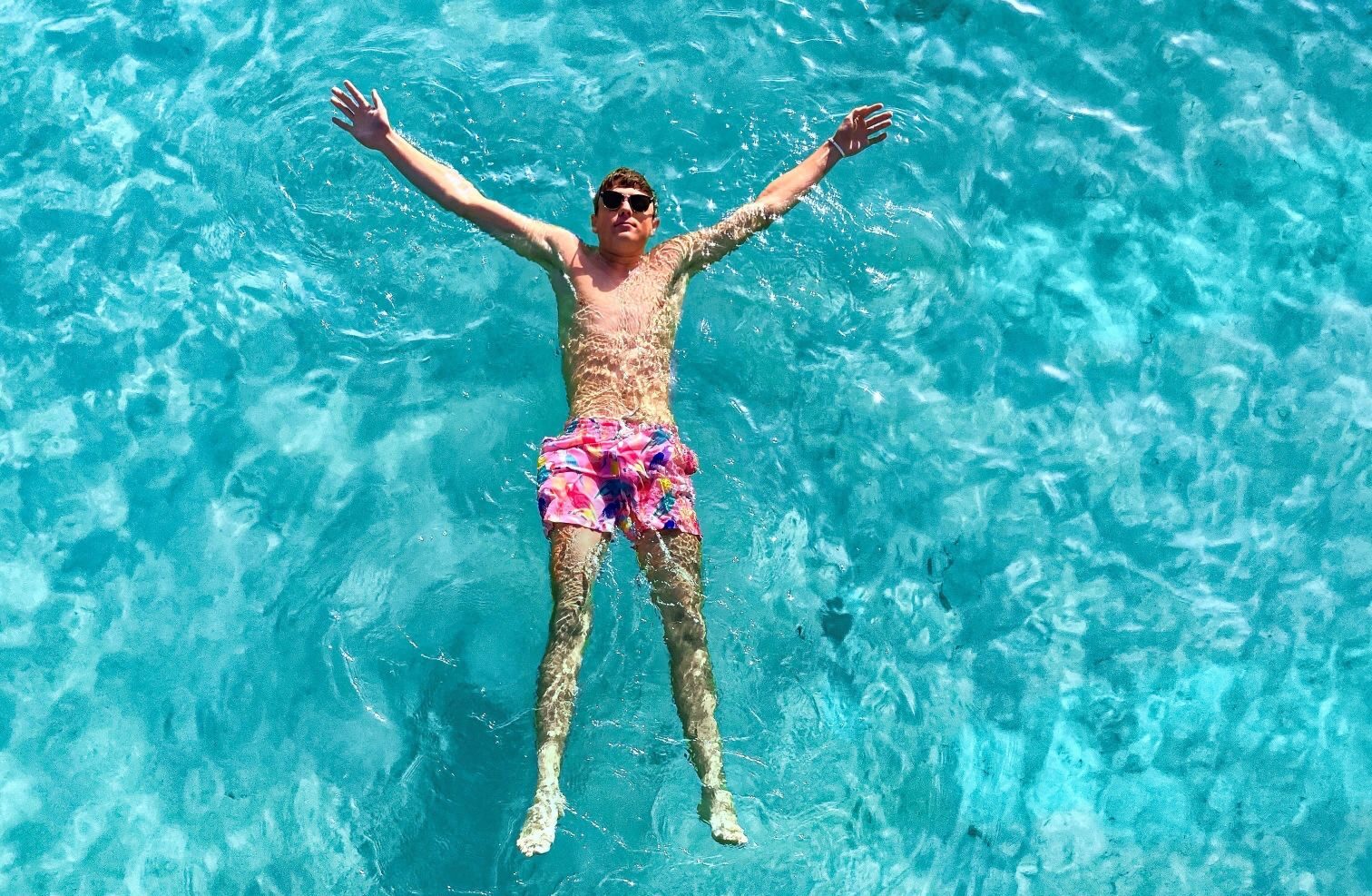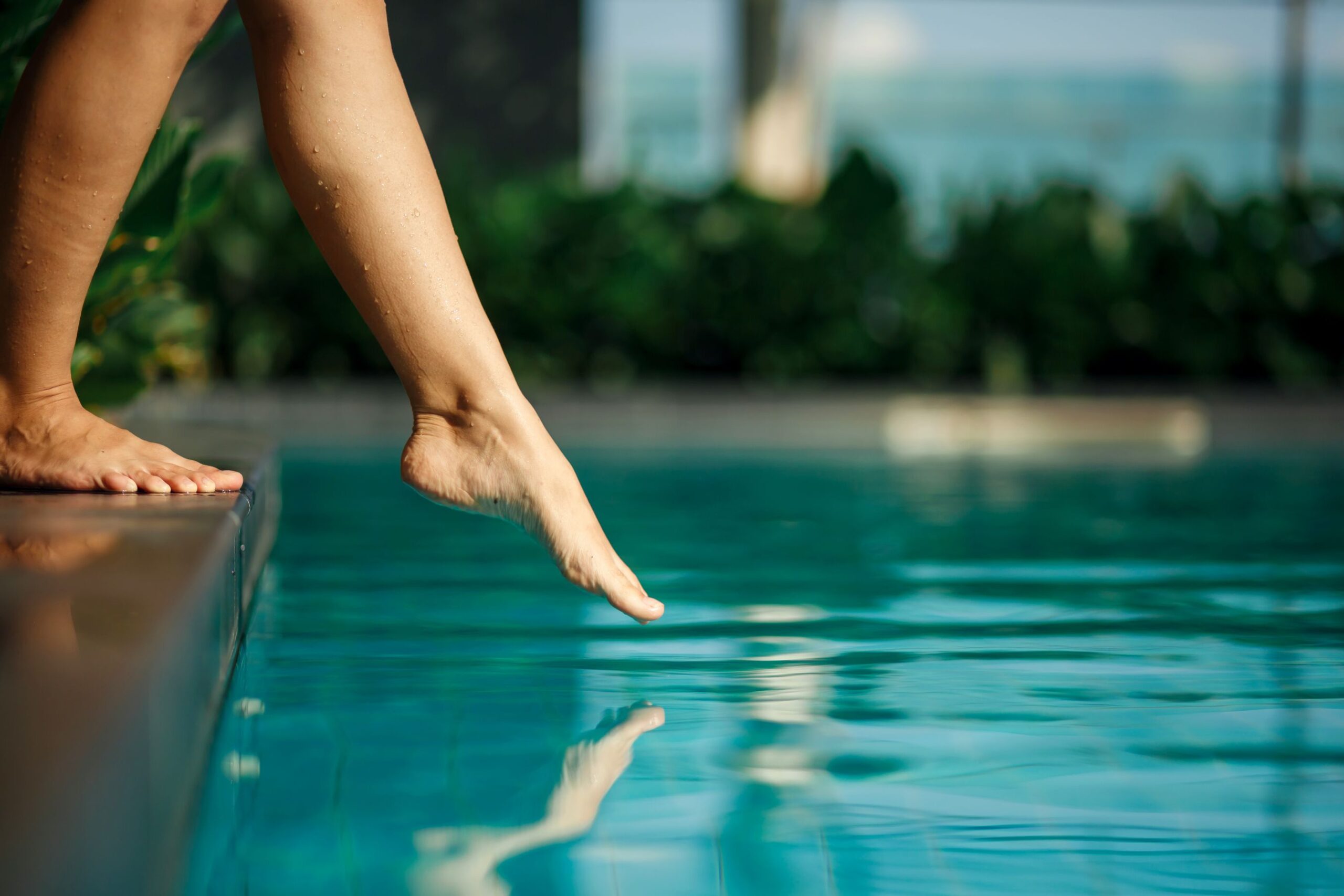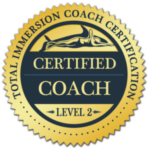Many of us have not been able to swim regularly if at all since lockdown began. Now that the pools are reopening and getting busier, what impact might such a long gap have on our swimming?
Many swimmers I have spoken to have said that their main concern is lost physical fitness which they feel will be the biggest challenge to regaining their pre-lockdown swimming ability. It is important to acknowledge that depending on your activity levels over lockdown, your cardiovascular fitness may be compromised and even if you have been able to maintain your fitness it is likely that the small swimming-specific stabilizing muscles around the arms and shoulder joints will not be ready for you to swim at the level you are used to despite how strong you may feel. Many swimmers become injured when returning after time away as they swim at an intensity that matches their stronger parts and pay for it with strain and injury to the weaker parts. The key is to pay attention to your weaker muscles, respond to how they feel and take your time to build back up.
We pay so much attention to our physical fitness that we often forget about our neural fitness – the durability of efficient movement patterns in the brain and nervous system. This type of mental fitness is integral to the Total Immersion approach to swimming and survives breaks in training far better than physical fitness, indeed, Total Immersion founder Terry Laughlin said that ‘I now rate neural fitness more highly as a predictor of performance than aerobic fitness’. So, your TI advantage means that your muscle memory should be relatively intact even if your cardiovascular fitness – how much oxygen and fuel you can supply your muscles – is compromised.
So, your first swim back should initially be about taking an inventory of your muscles’ memory of how to maintain an efficient stroke with minimal fatigue and working with that information as you move through your session. I’ve been lucky enough to be able to keep swimming during lockdown but previously, when I first went back to the pool after a long break due to injury, I remember that after almost every length I was recapturing muscle memory and making better connections with efficiency patterns that had become deeply imprinted over many hours of focused swimming pre-injury; despite my lack of conventional fitness at the time, the farther I swam, the better I seemed to do. Working with this neural fitness rather than worrying about a lack of physical fitness meant that I left the session injury-free; happy and satisfied with my swim and with specific benchmarks and measures to build on and a plan to work steadily at low pressure to incrementally build back up to my pre-break ability.
Compare this approach to what I’ve heard from swimmers who attend group training where the priority has been to work as hard and as fast as possible to regain physical fitness, often being pushed to exhaustion with no recognition at all of the overwhelming benefits of a mindful, focused approach. The outcome of this can often be frustration at loss of ability, disillusionment with little progress for the huge efforts involved and, in some cases, injury.
For many swimmers who have been programmed to believe progress only comes through ‘getting the distance in’ and working harder and harder, it can be difficult to accept that a focused approach brings greater benefits. Slowing down is not about going slow – rather it is about using quietness and space to notice things you did not notice before and discover where you can intervene to make them better.
As you return to the pool and to training this naturally slower first phase is your opportunity to set the stage for becoming a happier, more precise and efficient swimmer than you ever were before.

